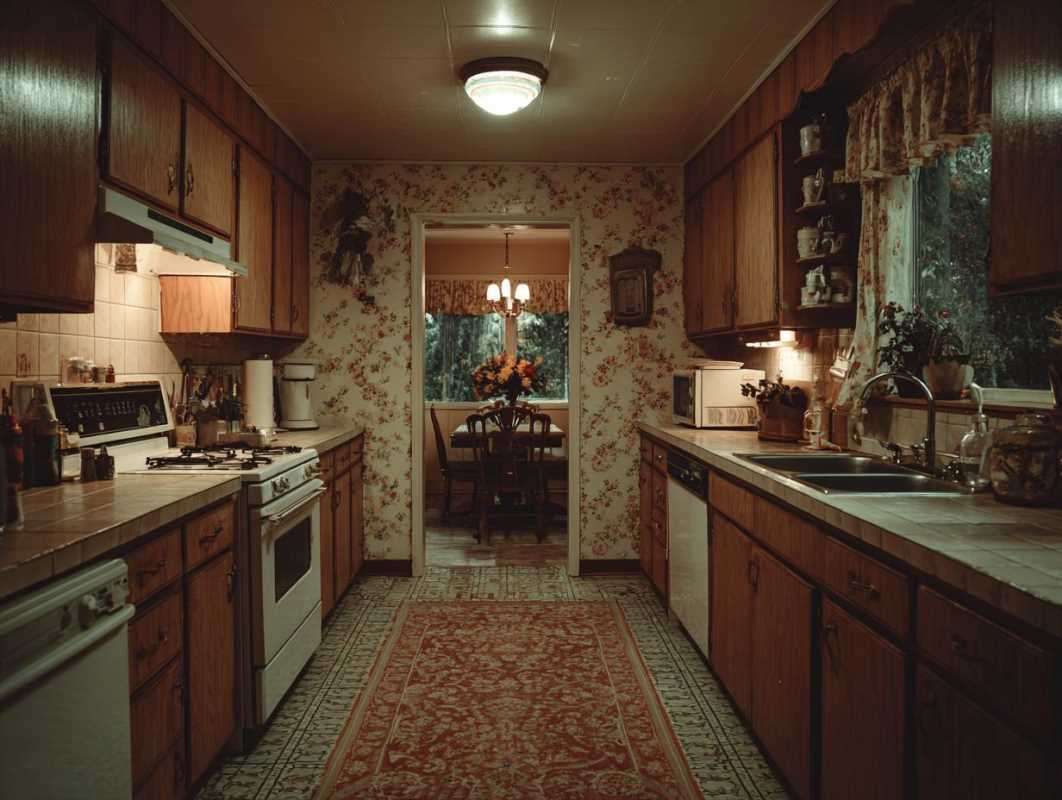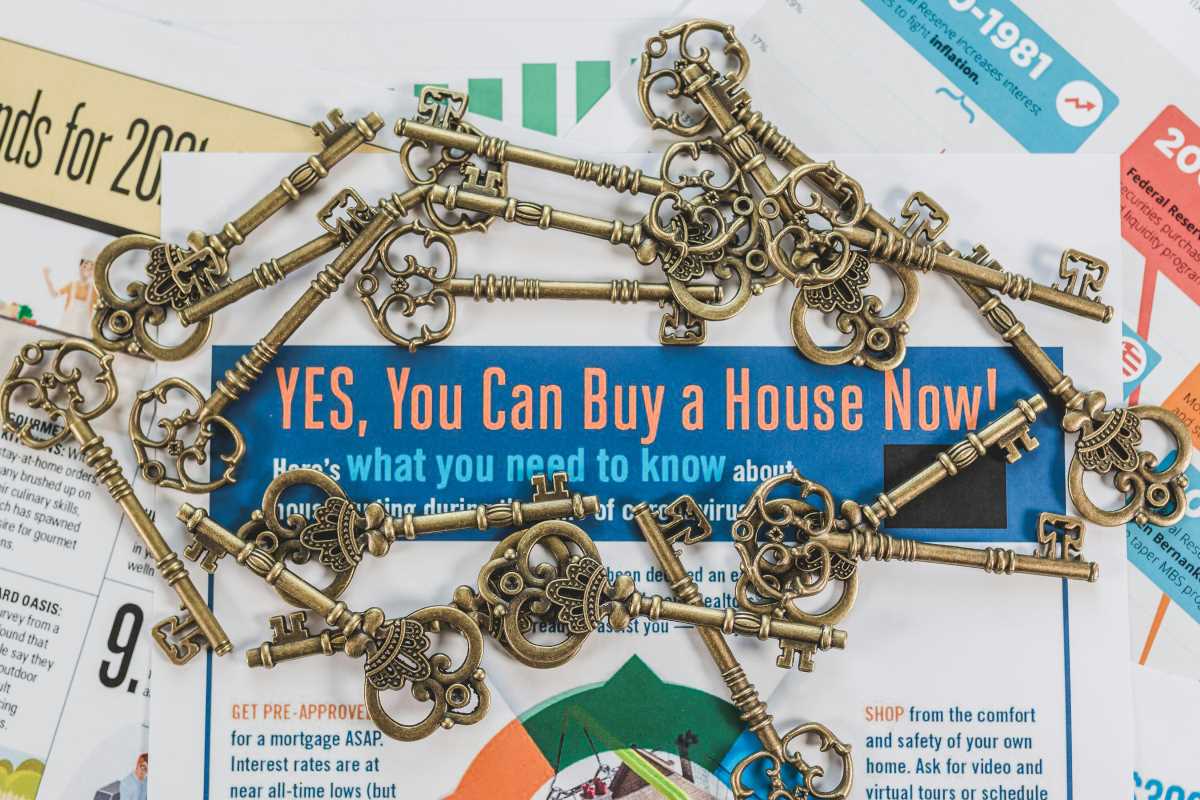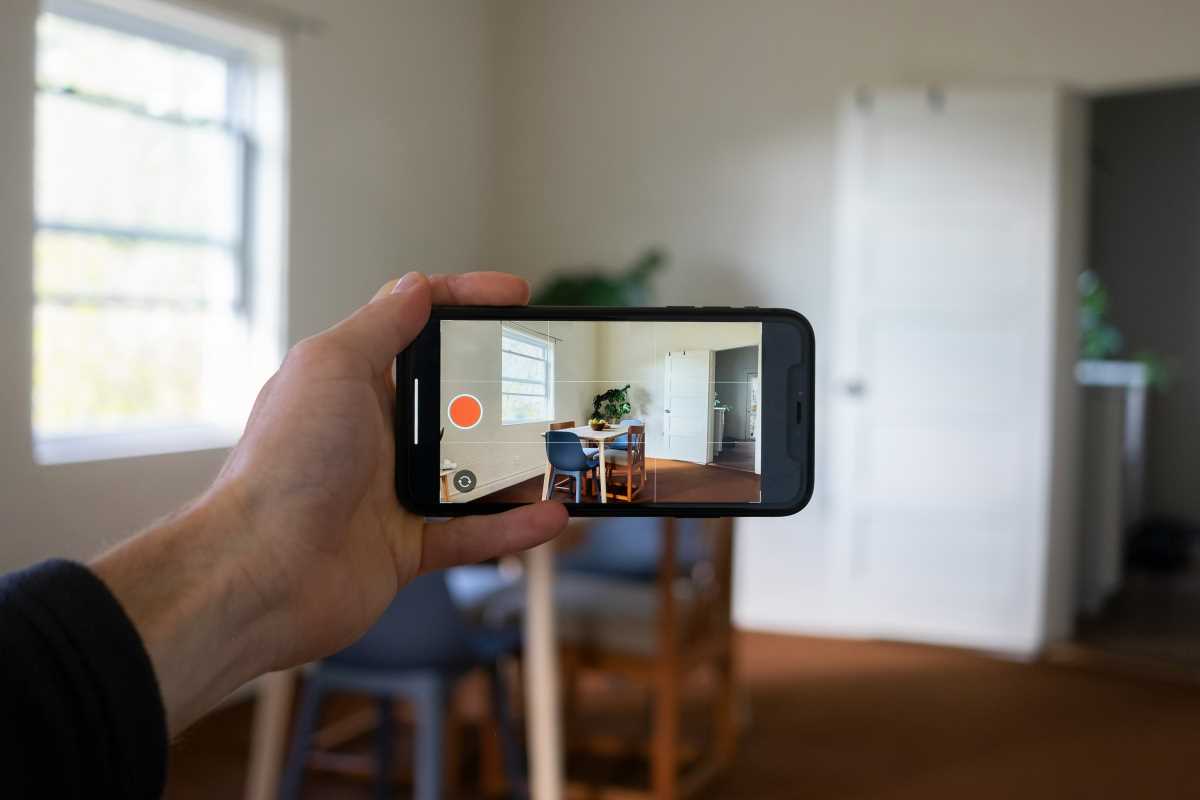Choosing a real estate agent is a big deal. This is the person you’ll trust to guide you through one of the largest financial transactions of your life. It’s not just about finding someone to unlock doors or put a sign in your yard. It’s about finding a partner, a guide, and a fierce advocate for your interests. I’ve been in this business a long time, and I can tell you that the right agent can make the entire process smoother, while the wrong one can cause a lot of unnecessary stress.
Think of it like hiring someone for an important job—because that’s exactly what you’re doing. You wouldn’t hire an employee without checking their resume and talking to them first, right? The same goes for your agent. You want to do your homework before you sign any agreements.
So, let's talk about how you can find an agent who is the right fit for you. I’m going to share some practical tips from my side of the table to help you ask the right questions and spot the difference between a great agent and one who just talks a good game.
1. Start with Research, Not Referrals Alone
Getting a referral from a friend or family member is a great starting point, but it shouldn't be your only step. Your cousin's amazing experience might be because their agent was a specialist in first-time homebuying, which might not be what you need if you're downsizing.
Start by looking up the referred agent online. Check out their website, their social media presence, and most importantly, their client reviews. Look for reviews on third-party sites like Zillow, Realtor.com, or even Google. Don't just look at the star rating; read what people are actually saying. Do clients mention that the agent is a great communicator? A tough negotiator? Did they feel supported throughout the process? These details give you a much clearer picture.
2. Interview at Least Three Agents
This is a must. It might feel a little like you're conducting job interviews, but that’s a good thing. You need to see who you click with and whose approach best fits your needs. Talking to multiple agents lets you compare their experience, strategies, and personalities.
During these conversations, you’re not just listening to their sales pitch. You’re getting a feel for how they operate. Are they listening to you? Do they seem genuinely interested in your goals? This is your chance to ask the tough questions.
3. Ask the Right Questions
When you sit down with an agent, have a list of questions ready. Here are a few that I think are essential:
- "How long have you been an agent, and how many clients have you helped in the last year?" You want someone with experience, but recent activity is just as important. It shows they are active and successful in the current market.
- "What’s your experience in this specific neighborhood?" Real estate is local. An agent who knows the ins and outs of your target area will know about pricing trends, school districts, and what buyers in that neighborhood are looking for.
- "How will you communicate with me?" This is a big one. Ask how often you can expect to hear from them and what their preferred method is (text, email, phone call). The number one complaint in real estate is a lack of communication. Make sure your expectations match their style.
- For sellers: "What is your marketing plan for my home?" A great agent does more than put a sign in the yard and list it on the MLS. Ask about professional photography, online marketing, open houses, and how they'll make your home stand out.
- For buyers: "How will you help me find the right home in this competitive market?" A good buyer's agent will have strategies for finding off-market properties and helping you craft a winning offer.
4. Pay Attention to Their Questions for You
A great agent will interview you just as much as you interview them. They should be asking you a lot of questions about your needs, your timeline, your budget, and what you’re looking for in a home.
If an agent does all the talking and doesn’t seem interested in learning about your specific situation, that’s a red flag. It might mean they have a one-size-fits-all approach. You want an agent who will tailor their service to you.
5. Don't Choose Based on Price Alone
It can be tempting to choose the agent who suggests the highest list price for your home or offers the lowest commission. Be careful with this.
An agent might suggest an inflated price just to win your business, knowing you’ll likely have to reduce it later after it’s been sitting on the market. A good agent will show you data—comparable sales, or "comps"—to back up their pricing strategy.
As for commission, while it is negotiable, remember that you often get what you pay for. A discount agent might not offer the same level of service or marketing, which could end up costing you more in the long run if your home sells for a lower price.
6. Trust Your Gut
At the end of the day, you’re going to be spending a lot of time with this person. You need to feel comfortable with them. Do you trust their advice? Do you feel like they have your best interests at heart?
After you’ve done your research and interviews, take a moment to think about who you felt the best connection with. Technical skill and experience are vital, but so is that gut feeling of trust and rapport. This is a partnership, and you want a partner you can rely on.
 (Image via
(Image via





